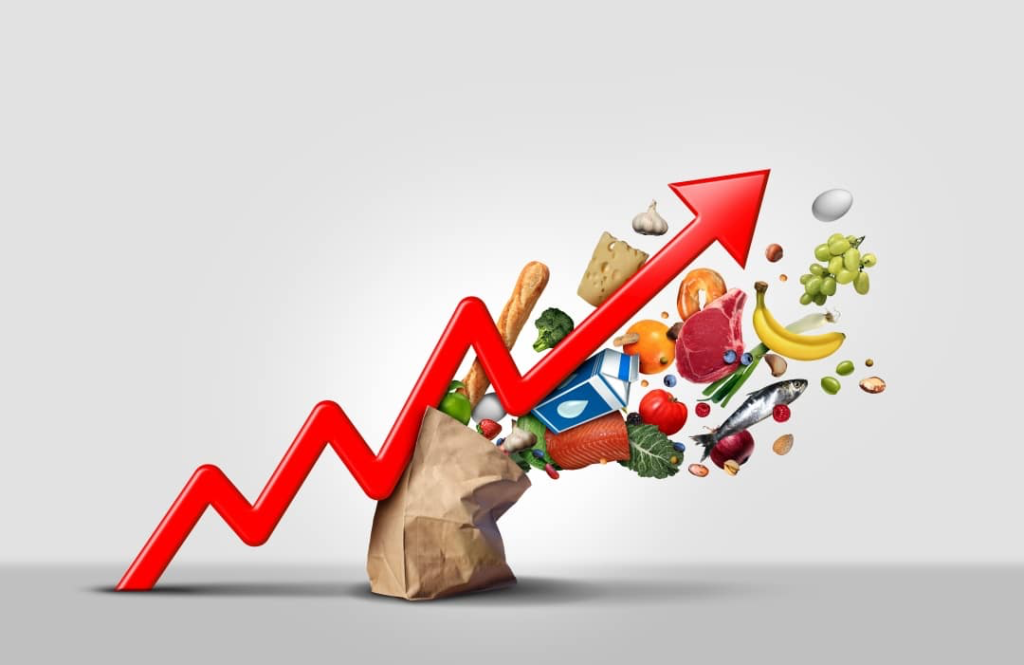Inflation Trends: How Rising Prices Affect the Indonesian Economy

Inflation has been a pressing issue for Indonesia in recent months, with rising prices impacting various sectors of the economy. As of August 2024, Indonesia’s inflation rate has surged to 5.2%, marking a significant increase from previous years. This rise in inflation is driven primarily by higher food and energy costs, which have squeezed household budgets and increased the cost of living.
The effects of inflation are widespread. Consumers are experiencing higher prices for basic necessities, such as food and transportation, which erodes purchasing power and affects overall economic sentiment. Businesses, particularly those in the retail and manufacturing sectors, face increased operational costs, which may lead to higher prices for their goods and services.
The Indonesian government has implemented several measures to combat inflation, including monetary tightening and subsidies for essential goods. However, these measures have had mixed results. While they have helped to stabilize some prices, they have not fully addressed the root causes of inflation, such as supply chain disruptions and global economic conditions.
Looking ahead, economists predict that inflation may continue to fluctuate due to ongoing global uncertainties and domestic economic policies. For consumers and businesses alike, adapting to these changes will be crucial. Monitoring inflation trends and adjusting financial strategies accordingly will help mitigate the impact of rising prices and support economic stability in Indonesia.